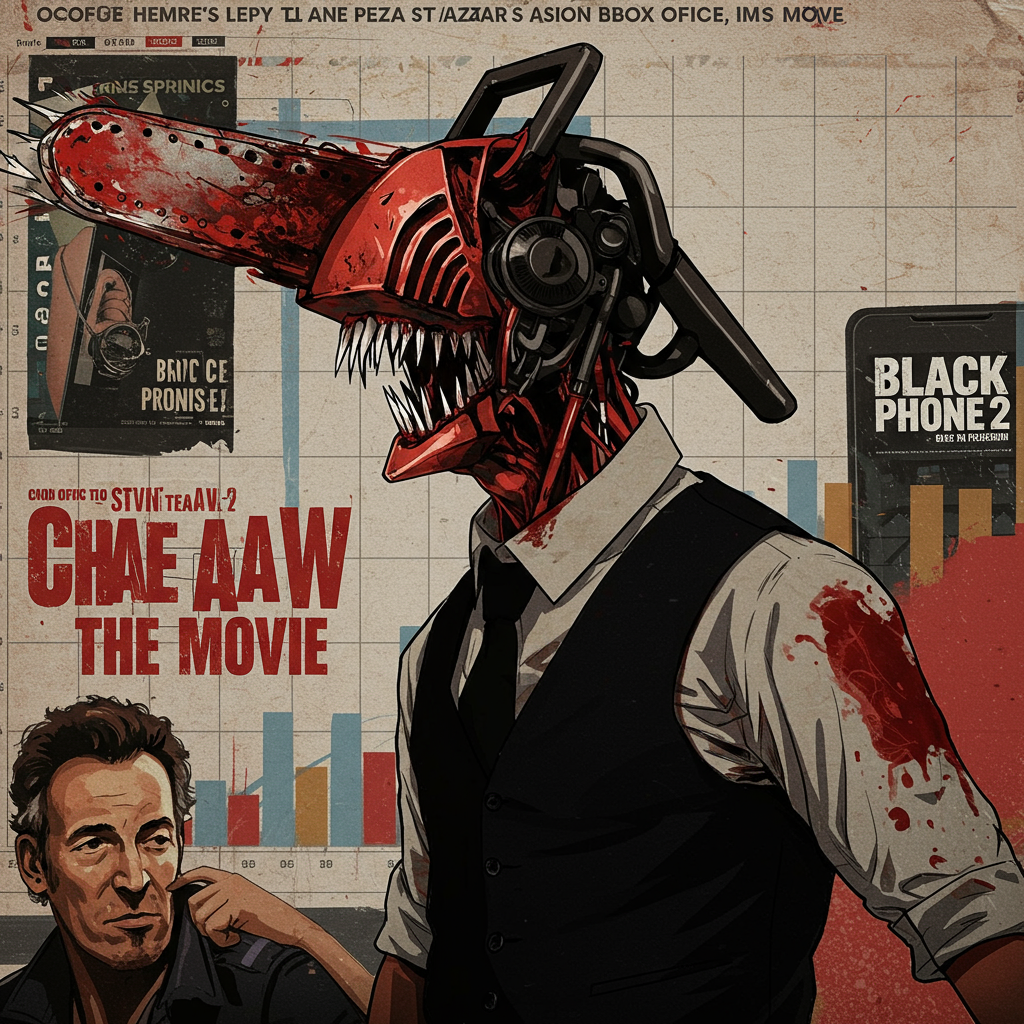Is Pixar’s Elio a Hidden Masterpiece Destined to Bomb?
In a summer often dominated by familiar sequels, remakes, and adaptations, Pixar’s Elio arrives as a dazzling beacon of originality. This animated space-exploration film, focusing on an 11-year-old boy desperate to be abducted by aliens, is hailed by some as Pixar’s most beautifully brilliant movie in a decade. Yet, despite its creative genius and stunning visuals, there’s a prevailing sense that Elio is likely headed for a disappointing box office performance.
Why the paradox? It seems Elio‘s greatest strengths—its ambition, inventiveness, and willingness to explore complex, even tragic, themes—might also be its commercial undoing.
A Visually Stunning and Emotionally Resonant Journey
From a purely artistic standpoint, Elio is a triumph. Pixar’s animation reaches new heights, particularly in its depiction of shimmering nebulae and fantastical alien worlds. The visual artistry feels a step forward, even while retaining the studio’s signature CGI style refined since Toy Story.
More than just spectacle, the film introduces characters brimming with originality and heart. At its center is the protagonist, Elio Solis (voiced by Yonas Kibreab), a painfully shy, space-obsessed child. His initial, almost jarring, introduction as a terrified boy hiding under a table quickly gives way to the reveal of his recent orphanhood and the difficult adjustment to living with his young, overwhelmed aunt, Olga (voiced by Zoe Saldaña).
Elio’s core motivation is heartbreakingly simple: feeling unwanted on Earth, he seeks belonging among the stars. This isn’t just typical kid stuff; the film delves into profound themes of loneliness, connection, and alienation. Witnessing a star-show about humanity’s search for companionship in the cosmos, Elio finds his own yearning reflected, understanding that if this planet has no place for him, perhaps another does.
The film’s exploration of Elio’s trauma-driven impulse to isolate himself adds a layer of devastating tragedy. It touches upon a fear of being unwanted, which the film links subtly but powerfully to the beginnings of mental health struggles, isolation, and the broader societal issue of male loneliness. Few children’s movies venture into such emotionally weighty territory with a character arc so crushingly sad, making it difficult for viewers not to feel protective of Elio. Even the film’s villain, Lord Grigon (Brad Garrett), is depicted as being motivated by a deep yearning for connection, reinforcing the central theme.
In its blend of inventive sci-fi and poignant emotional drama, Elio evokes comparisons to Disney’s surprisingly overlooked 2007 film, Meet the Robinsons, another unique movie that struggled commercially but found appreciation later. Both films feature orphaned protagonists grappling with deep-seated trauma and complex emotional journeys, suggesting that originality and depth don’t always translate to immediate box office success.
The Risks That Could Lead to Trouble
Despite its brilliance, Elio faces significant hurdles. The film’s tone is described as a “disparate, potentially alienating tonal melange.” It oscillates between moments that feel geared towards a very young, grade-school audience and surprising sci-fi/horror allusions that could genuinely disturb grown-ups, let alone children (one scene is compared to unsettling moments from Rick & Morty).
This tonal inconsistency likely stems from a “fraught behind-the-scenes trajectory.” The film experienced a year-long delay and saw considerable changes to its creative team and script. The final version is reportedly fundamentally altered from earlier iterations, with many moments from the original trailer, including a key, genre-pushing line (“I’m trying to get abducted – by aliens!”), purged from the final cut. This reassembly has resulted in a narrative that sometimes feels fractured or at odds with itself.
Being “too original” and “too divisive” can be significant factors in box office failure, as history shows. Many critically acclaimed films that pushed boundaries or arrived at the wrong time failed to find a massive audience initially, only to gain cult status or classic recognition years later. Examples include:
Citizen Kane (1941): Sabotaged by media moguls.
It’s a Wonderful Life (1946): Found its audience through TV airings decades later.
The Thing (1982): Bleak tone struggled against feel-good sci-fi contemporaries.
The Iron Giant (1999): A critical darling overshadowed upon release.
Blade Runner 2049 (2017): Praised visually and narratively, but failed to connect commercially despite its quality.
These films, much like Meet the Robinsons, demonstrate that artistic merit and commercial success are not always aligned. Elio‘s distinctiveness, while laudable from an artistic perspective, sets it apart from the more conventional, sometimes sanitized fare that might play it safer for broader appeal (unlike, for instance, a tame adaptation that sticks closely to source material but loses its depth). This positioning, combined with its complex themes and tonal shifts, makes it a potential candidate for this list of underperforming-but-brilliant movies.
Ultimately, Elio* is a joyous, tragic, and original miracle of creativity. It takes significant artistic risks by grappling with complex emotional subject matter and presenting a unique narrative vision. Sadly, in the current theatrical landscape, these same qualities that make it special could very well prevent it from achieving the widespread commercial success that its artistic brilliance deserves. It’s a polarizing study in loneliness that, precisely because it’s so unconventional, may struggle to connect with the mass audience needed to thrive at the box office.

